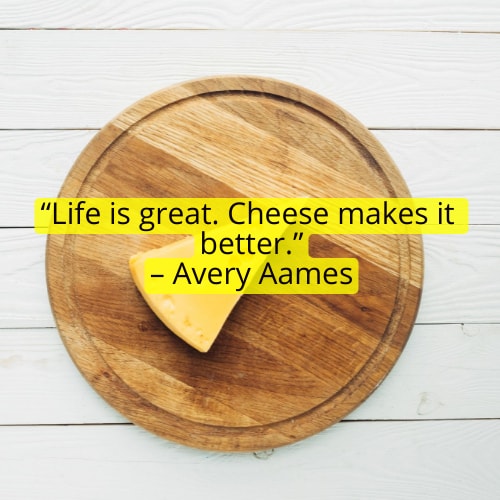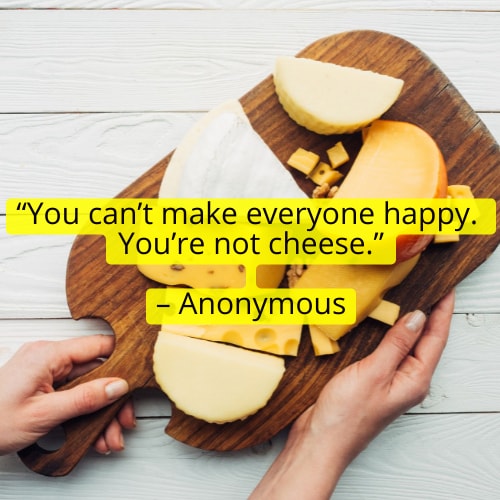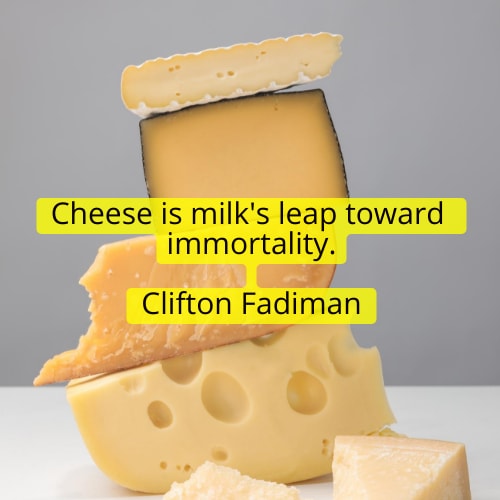On the Politics of Wine and Cheese
WHAT makes cheese, cheese? Or more specifically, what defines camembert? If you ask the general assembly of camembert de normandie professionals — yes, a certified assembly of cheese professionals — it’s unreservedly raw milk. And it’s this particular fact that caused the recent great Camembert Crisis; a crisis that can teach us much about the politics of food today. Food — as an extension of our culture and values — is inherently political, and this is being reinforced as the nature of prosecco’s identity is being poked and prodded, as camembert’s once was.
This week, news circulated that the European Union is pushing for the prosecco moniker to be reserved exclusively for wine produced in Italy as part of the Australian-EU free trade agreement currently being negotiated. The implication, of course, being that local growers would no longer be able to label their product prosecco. And it goes without saying winemakers, that are part of Australia’s $200 million prosecco industry, aren’t too fond of this interrogation.
Related: 13 of the best champagnes and sparkling wines to gift (or keep for yourself)
If this line of discourse feels familiar, it may be because it calls to mind the ‘all champagne is sparkling wine, but not all sparkling wine is champagne’ sentiment many of us are familiar with. Champagne, as you may have heard in mildly pretentious comments at dinner parties, can only be called Champagne if it comes from the Champagne region in northern France.
This is a sentiment the Comité Interprofessionnel du Vin de Champagne (CIVC) has championed since the organisation’s founding in 1941. Dare to question how serious they are about it? The body keeps eight lawyers on staff to prosecute those who would misuse it, from wineries to chocolatiers and even non-food products. One particularly high-profile example is the banning of a Yves Saint Laurent perfume formerly known as “Champagne” in…
..


